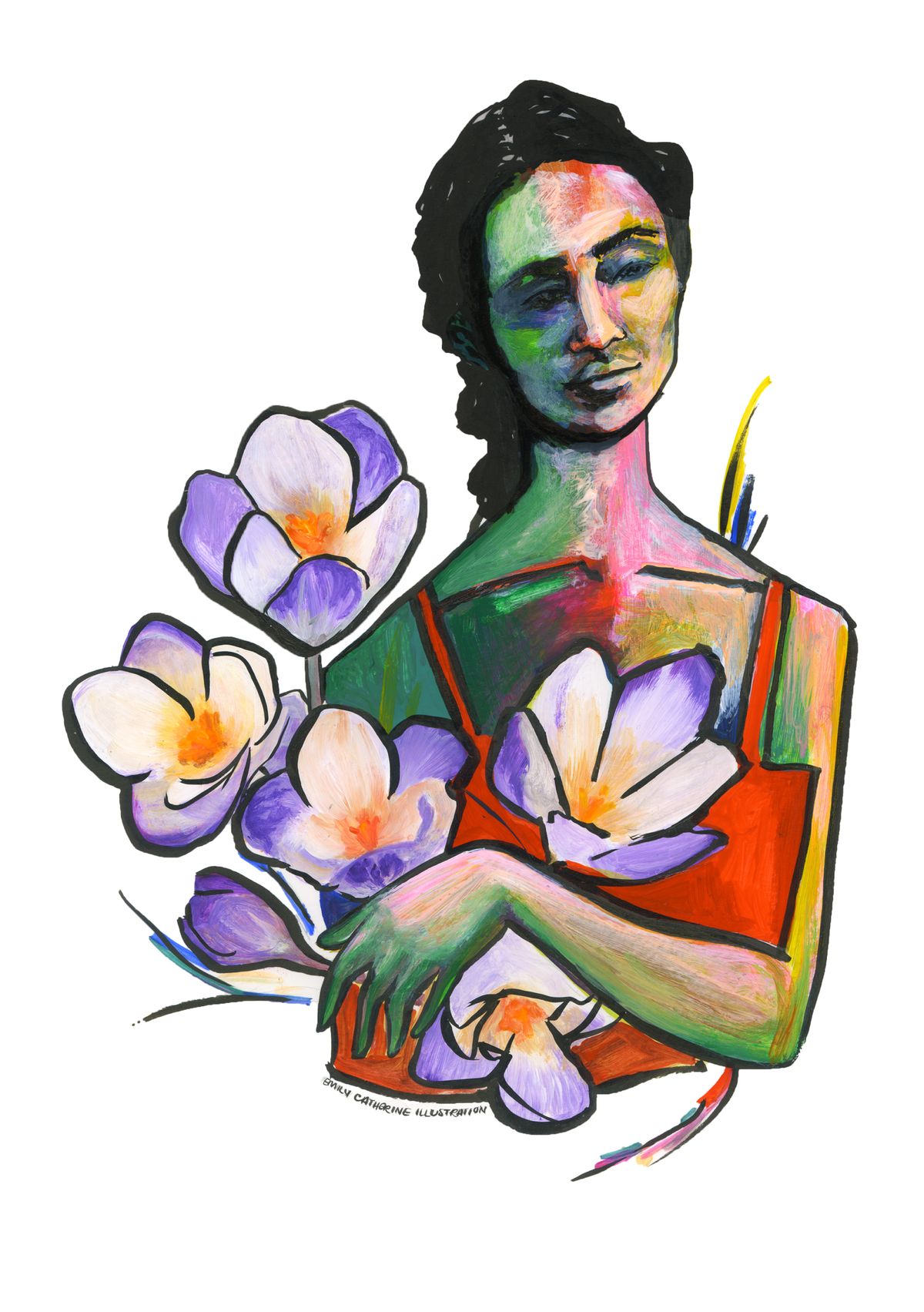“Where can I find financial support? Where are there paid residencies in the UK? Where can I find guidance about business matters such as invoicing?” These are the kinds of issues concerning many early career artists, especially in the wake of the Covid-19 pandemic. ArtUltra, a new website devised by Alice Black, the former co-director of the Design Museum in London, hopes to help with such questions.
London-based Black devised the artist support resource aimed at UK-based artists during lockdown last year. “I worry we will have a lost generation because there is simply a whole swathe of artists who will not be able to support themselves. We need to find a way to make more opportunities available for more people,” she tells The Art Newspaper. Artists most likely to stop practising are likely to be from lower income backgrounds or from diverse ethnic origins, Black adds.
The overall plan is to help artists find financial support; provide guidance on business literacy, such as negotiating contracts; give access to a network of peers; and increase exposure for artists struggling to break through. In its first stage, ArtULTRA will focus on identifying existing grants aimed directly at artists, and highlighting available studio spaces and residency programmes. This information is freely available on the new website.
Black has funded the site herself. “The aim is to build a coalition and support to develop part two which will be focused on more mentoring and grant-making, for instance,” she says. “I want to develop mentoring which is very important but not from a superstar artist; possibly someone five years into their career who has relatable experience. In time I hope I can build a coalition to support me and start developing the offer.”
So why is such a website necessary? “The UK government put together an amazing bailout package [Cultural Recovery Fund totalling £1.57bn] but most of that money has gone to institutions and these institutions have to plug the gap in their finances. What they didn’t do and couldn’t do was continue to commission artists and work with artists,” Black says.
“So overnight, all sources of income disappeared and the precarious situation for artists was amplified. What can we do to help artists directly? This led me to create ArtULTRA,” she adds. The money given directly to artists is minimal compared to institutions, though Arts Council England did offer some financial support early last year in the form of Emergency Response Funds for artists and freelancers totalling £20m.
Black’s research prompted some surprising findings. “A lot of artists I spoke to were ambivalent about art schools and the thought of leaving college saddled with debt. There is a lot of questioning about art education. I think it’s going to become more bite-sized.”
New platforms for artists need to be explored, she stresses. “When the world opens up, what can we do in vacant shops? There will be lots of empty units; maybe we can be creative. Rates may need to be paid on some units but you can still put some stuff in a window.”
ArtULTRA will also feature selected practitioners, shining a light on new talent in its Artist of the Month slot. “The other thing artists dearly need is exposure,” Black says. The first person chosen is the London-based photographer Nina Robinson. “There is Instagram but to cut through with the amount of images constantly spewed out is incredibly hard. We need to find ways to be seen outside of that.”


